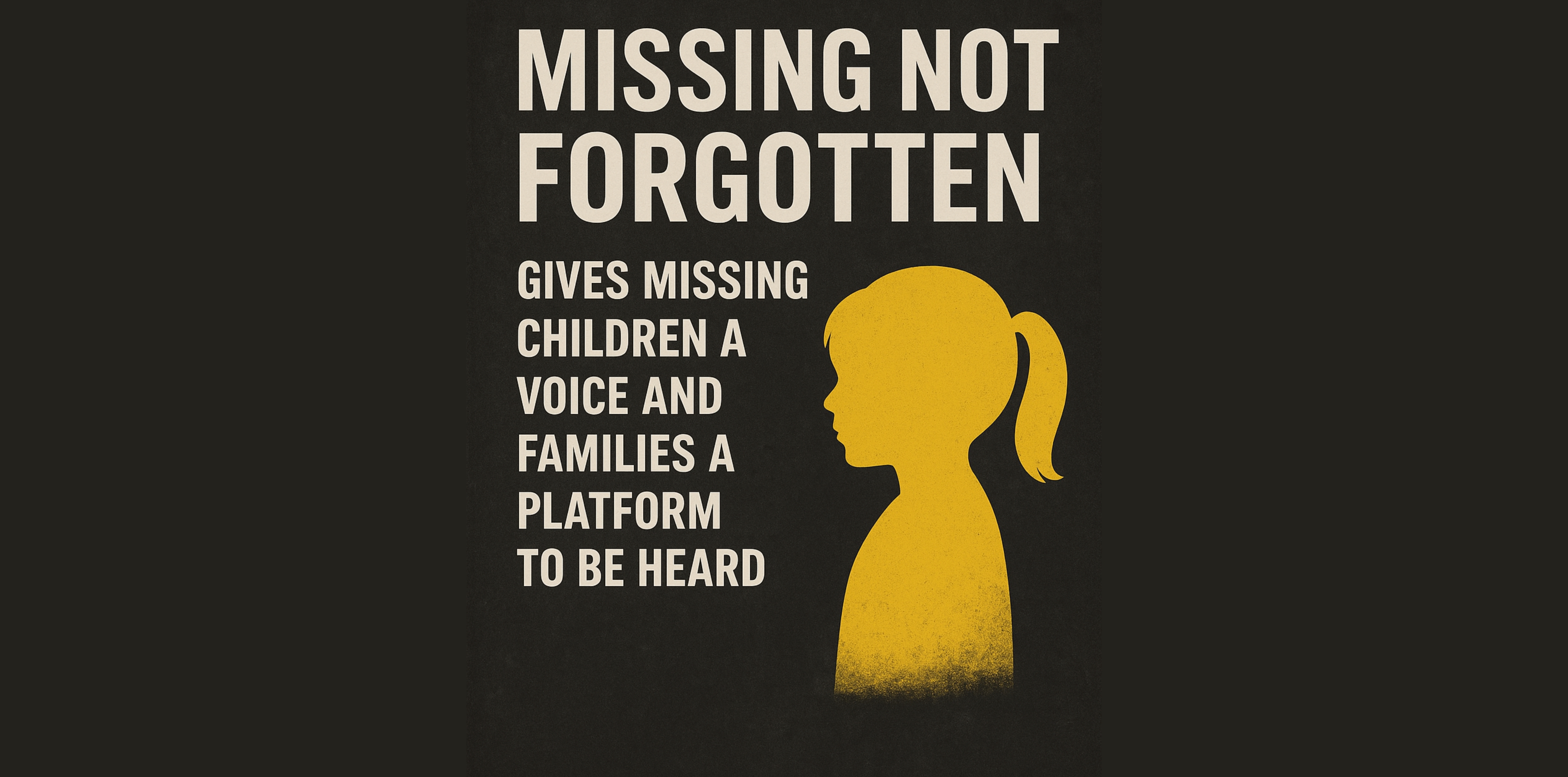Myths, Overlooked Truths, and Alarming Gaps in U.S. Child Trafficking
Missing Not Forgotten
Archives
Myths, Overlooked Truths, and Alarming Gaps in U.S. Child Trafficking
SIGN UP FOR OUR NEWSLETTER
Myths, Overlooked Truths, and Alarming Gaps in U.S. Child Trafficking |
Dispelling misconceptions to uncover the realities of child exploitation in America |
Child trafficking in the United States is shrouded in misconceptions that obscure the harsh realities faced by victims and hinder effective intervention.
One prevalent myth is that trafficked children are typically abducted by strangers and transported across borders. In reality, many victims are exploited by individuals they know—friends, romantic partners, or even family members. Traffickers often employ psychological manipulation rather than physical force to control their victims.
Another common misconception is that only girls fall prey to sex or labor trafficking. While girls are disproportionately affected, boys and non-binary youth are also vulnerable and frequently overlooked. These groups are often less likely to be identified or believed, leaving them without necessary support.
There's also a belief that victims will always seek help or that professionals can easily recognize signs of trafficking. However, many youth, especially those in vulnerable situations such as homelessness or foster care, do not self-identify as victims. Fear, stigma, trauma, or lack of trust often prevent them from seeking assistance. Professionals outside specialized fields may misinterpret or miss signs, leading to missed opportunities for intervention.
Recent data underscores these overlooked gaps. In April 2025, Operation Soteria Shield led to the arrest of 244 suspects and the rescue of 109 children from online sexual exploitation. This operation highlighted the widespread nature of child exploitation and the critical need for coordinated efforts to combat it.
These myths and gaps hinder prevention and intervention efforts. If society believes trafficking only looks one way, large numbers of victims remain hidden. If help isn't truly accessible, survivors don't receive support early enough. To protect children, we need accurate information, better data, and accessible, trusted services. |

